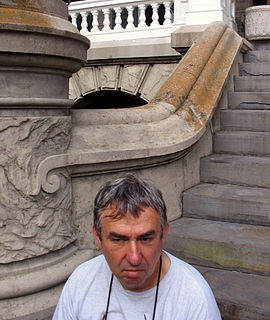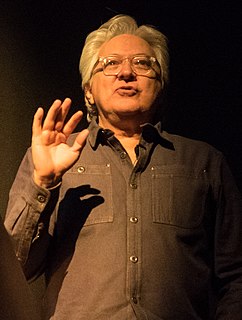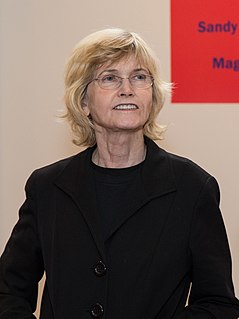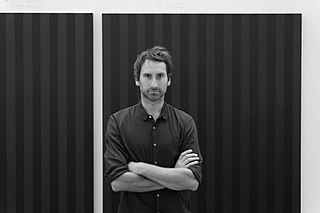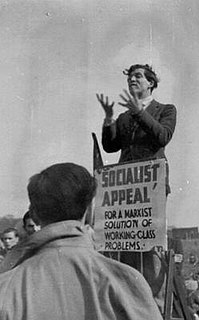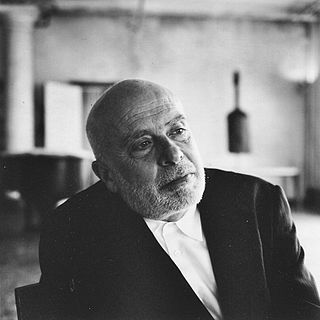A Quote by Robert Smithson
One day the photograph is going to become even more important than it is now.... But I am not particularly an advocate of the photograph.
Related Quotes
I don't really remember the day when I stood behind my camera with Henry Kissinger on the other side. I am sure he doesn't remember it either. But this photograph is here now to prove that no amount of kindness on my part could make this photograph mean exactly what he.. or even I.. wanted it to mean. It's a reminder of the wonder and terror that is a photograph.
One of the magical things about photography is the transformation that takes place when you photograph something. Something that inherently has very little going for it in terms of the interest you take in it, can become infinitely more interesting when rendered as a photograph. It's no longer a building. It's a photograph.
How foolish of me to believe that it would be that easy. I had confused the appearance of trees and automobiles, and people with a reality itself, and believed that a photograph of these appearances to be a photograph of it. It is a melancholy truth that I will never be able to photograph it and can only fail. I am a reflection photographing other reflections within a reflection. To photograph reality is to photograph nothing.
I think I am most fond of the unseen part. I mean that the various cultural experiences that I go through, and the behavioral aspects of getting the work done, are just as important as the installation and the photograph. So, for me, the relationship between the two is more about hybridism and the search for an ideal form that I'm never going to arrive at. The installation and the photograph are mere approximations of this ideal.
If you look at a photograph, and you think, 'My isn't that a beautiful photograph,' and you go on to the next one, or 'Isn't that nice light?' so what? I mean what does it do to you or what's the real value in the long run? What do you walk away from it with? I mean, I'd much rather show you a photograph that makes demands on you, that you might become involved in on your own terms or be perplexed by.
[When] I am taking a photograph, I am conscious that I am constructing images rather than taking snapshots. Since I do not take rapid photographs it is in this respect like a painting which takes a long time where you are very aware of what you are doing in the process. Exposure is only the final act of making the image as a photograph.


